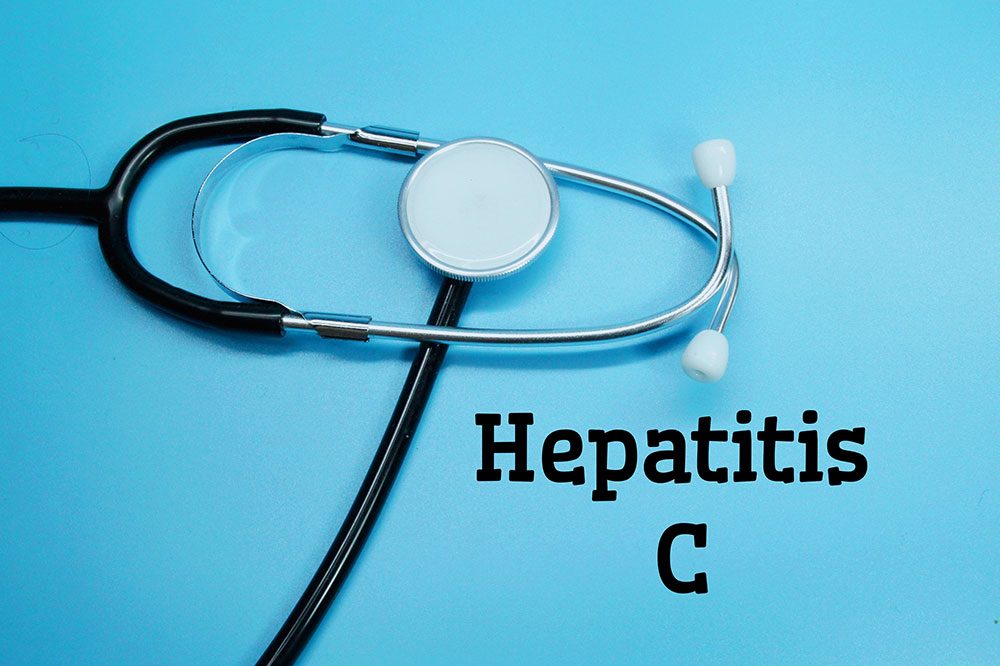
4 Signs of Hepatitis C
Hepatitis C (HCV), often referred to as the sleeping dragon and silent killer, is a fatal viral infection. HCV infections produce mild to no symptoms in the initial phases. However, it can become chronic if left undiagnosed. This is what happens to 80% of people who contracted HCV. If one does not want to be one among them, the best thing to do is to learn more about Hepatitis C.
Four signs of hepatitis C
The following are some symptoms of Hepatitis C infections in the early stages. One is considered at-risk if they have received transfusions before 1992, use intravenous drugs, have tattoos and piercings, practice unsafe sex, or have a mother with the infection. It is essential to visit a doctor and test one’s blood for HCV. Some of the signs include:
1. Infection symptoms
Since Hepatitis C is a viral infection, some symptoms are common to other conditions, like flu or cold, fever, and inflammation. The immune system, made up predominantly of white blood cells, is more efficient at higher temperatures. So, as part of the body’s effort to kill the foreign substance, the body temperature increases, causing fevers. One might feel mild chills or sweat even when the room is cool. Inflammation is related to the immune response but can also be aggravated by Hepatitis C, attacking the liver. When not enough albumin is produced by the liver, fluids can build up in the body, causing unnecessary inflammation.
2. Appetite and fatigue
Fatigue is one of the infection responses of the immune system. When the body identifies a threat, it directs energy and other resources to the immune system rather than other organ systems. And this can make one feel very tired or sleepy more than usual. Another reason for fatigue is the loss of appetite associated with Hepatitis C. When the liver is under attack, it can trigger inflammation, reducing space in the peritoneal cavity of food. It makes one’s brain think that they are full before they eat. Also, the inflammation causes discomfort and pain in the abdomen, making eating a tedious activity. The albumin-related water retention, along with this loss of appetite and vomiting, can increase fatigue.
3. Jaundice
Hepatitis C is an infection that disrupts the efficient functioning of the liver, and hence jaundice is an expected symptom. There is abnormal production of bilirubin. Bilirubin is the yellow-orange pigment that colors bile and causes yellowing of the eyes, skin, and other mucous membranes. Jaundice does not have any direct medical consequences, but it indicates that the liver is affected.
4. Other symptoms
The abnormal bile salts also affect the stool, changing them to a clay color rather than the usual brown. The virus can also travel to the kidneys and impair their functioning, causing dark-colored urine. Joint pain is also common in those suffering from Hepatitis C because of the inflammation and water buildup.


